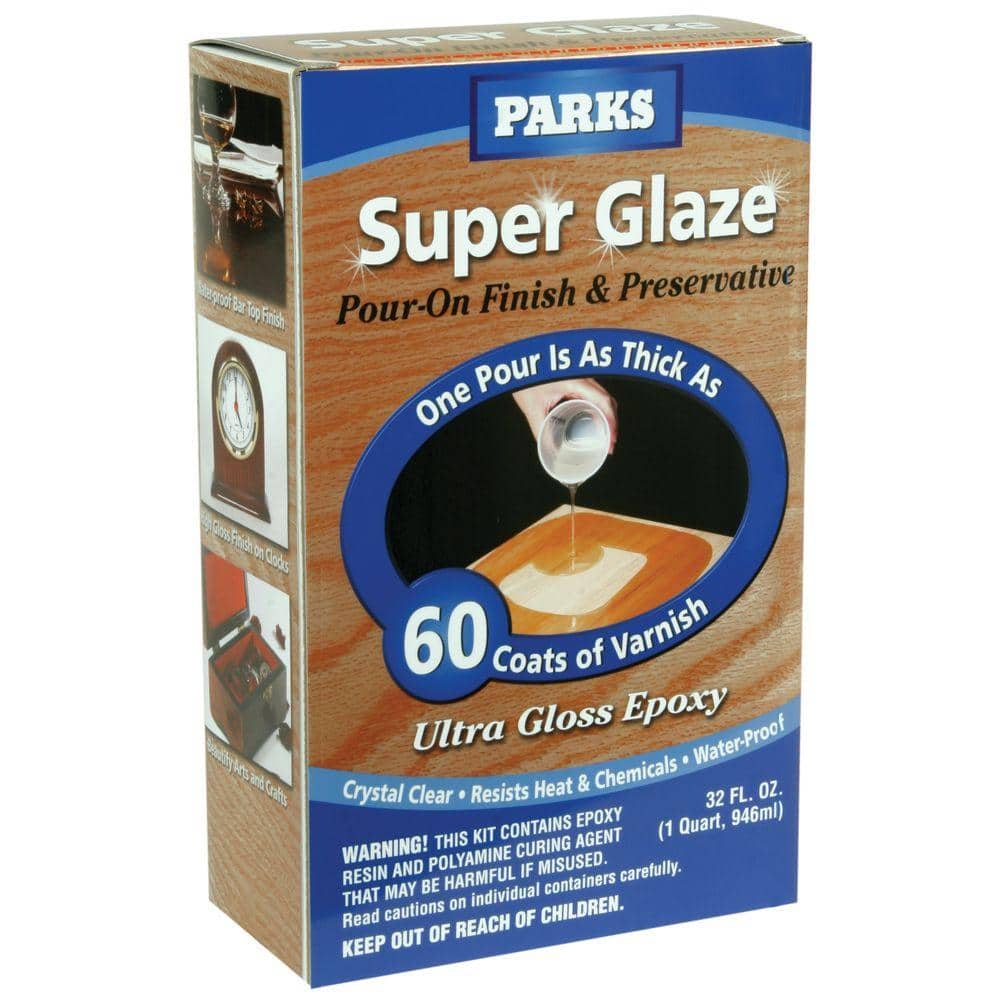Any experience using this product? ---> http://www.homedepot.com/p/Rust-Oleum-Parks-1-Qt-Finish-and-Preservative-241352/202056337 seems the negative comments have a common theme - people did not follow the directions... imagine that  I'm looking for a tough guitar finish that wont either kill me or give me cancer and that I can block sand to level off and buff to a ulta high-gloss.
I'm looking for a tough guitar finish that wont either kill me or give me cancer and that I can block sand to level off and buff to a ulta high-gloss.


